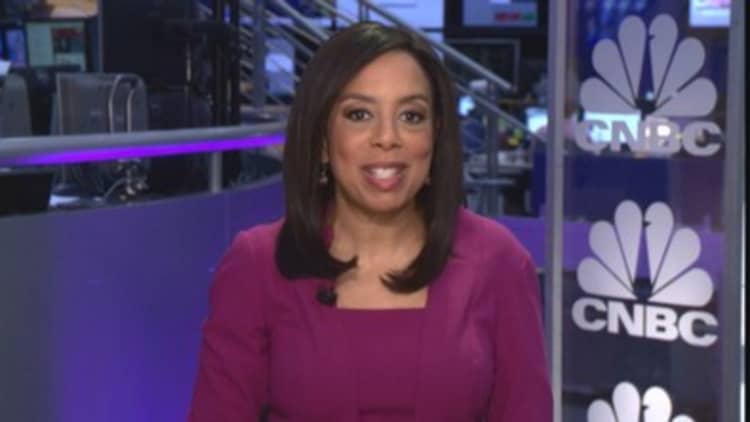
To hear critics tell it, 529 plans are little more than a tax haven for the yachting class.
When President Barack Obama proposed in his State of the Union address taxing withdrawals from these college savings accounts, only to scrap the idea in the face of bipartisan opposition, he argued that they largely served to provide tax breaks for the wealthy.
Read MoreObama + tax reform = political storm
But a closer look reveals that many participants are not as well off as some have suggested, and many people using the plans still have a way to go before they can hope to cover the cost of college.
"The middle class is the largest grouping out there, and they are the ones that by and large are using 529 plans," said Joe Hurley, founder of savingforcollege.com.
The Government Accountability Office found in a 2012 study that fewer than 3 percent of Americans were saving in a 529. That's a small fraction—and it doesn't capture the behavior of families saving for college.
"Of the approximately 25 percent of families who said they expected major education expenses in 5-10 years, about 7 percent of them had 529 plans or Coverdells," another type of college savings account, the GAO found. Among the 18 percent of families who said saving for college was a priority, 9 percent had 529 plans or Coverdells, according to the GAO.
Read MoreNavigating the landscape of increased college costs
Without question, families with 529 or Coverdell accounts tend to be at least middle class, with median incomes of $142,400, compared with a median income of $45,100 for other families, according to the GAO. These account holders also have more money saved for retirement, on average, and more assets in general.
These families are not exactly Rockefellers, however. The College Savings Foundation, in a statement opposing the president's plan, pointed out that Strategic Insight, a mutual fund research organization, calculates that close to 10 percent of 529 accounts are held by households with incomes under $50,000, and 70 percent of the accounts belong to households with less than $150,000 in income. Nearly 95 percent of the households have incomes under $250,000.
Are these families really escaping the burden of high college tuition by using 529s? Hardly. The average 529 account balance was $19,584 in 2013, according to the College Savings Plan Network, but the College Board calculated average in-state tuition, room and board and fees at a four–year public university for 2013–2014 at $18,383.
Put another way, the typical 529 account will cover one year of college with a little left over.
From the perspective of at least some colleges, $142,400 is not wealthy. At Yale, where annual tuition, room, board and expenses comes to $63,250, families earning less than $65,000 typically do not have to contribute to the cost of their child's education, and those with income of $65,000 to $200,000 typically contribute on a sliding scale, up to 20 percent of the cost. The university's website states that "many families with over $200,000 in annual income receive need-based aid from Yale."
Few universities have the resources Yale does to provide financial aid, said experts. But Yale's example makes clear that an income of $142,400 does not go far when a household is confronting the costs of college. In fact, a Pew Research study found that the share of college graduates from high-income families who borrow has doubled in the past two decades.
Read MoreMajor debt shift for millennials and seniors
There are doubtlessly some truly wealthy families taking advantage of the tax breaks a 529 plan offers. But for far more families, the accounts can make a significant difference in their finances.
"A $2,500 tax credit is nice," said Manisha Thakor, director of wealth strategies for women at The BAM Alliance. "Avoiding taking on $40,000 in loans you'll never be able to pay back given your chosen industry is a much better solution."


